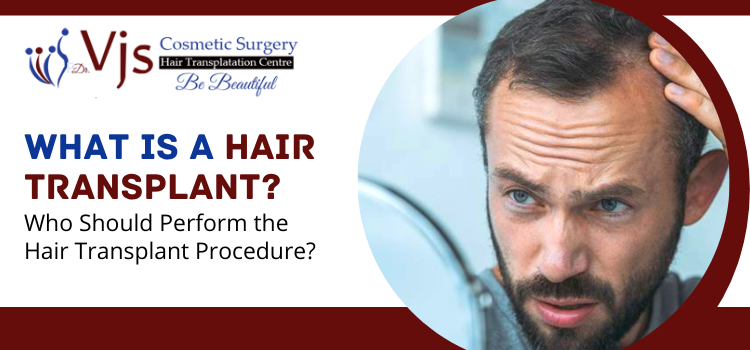Communities nowadays are increasingly multicultural and comprise people belonging to diverse regions, races, and ethnic groups. Due to these differences, effective communication between one another has become a tremendous challenge.
This highlights the significance of translation services for communicating and exchanging information between cultures and languages. When we consider an industry such as healthcare, the significance of accurate translations becomes even more paramount. Do you know why? Human lives are involved.
If the doctors and healthcare providers can’t speak a language that the patient understands, the results could be disastrous. There could be errors in diagnosis as a result of which the patient will get the wrong treatment. In sensitive cases, death can happen.
What is medical translation?
We can define medical translation as a process that converts various content from one language to the other for several medical industries. These medical industries can include healthcare, psychiatry, pharmaceuticals, and medical jurisprudence, among others.
People in the medical advisory and regulatory bodies hire professional medical localization services to translate content such as prescriptions, patient records, post-discharge details, instructions, pharma labels, and more.
According to the US Bureau of Labor Statistics report, translation jobs will grow by almost 30 percent between the years 2014 and 2024. That said, medical translation can become a promising and rewarding career option for people having excellent knowledge of the medical sciences and who are proficient in their native languages.
Medical translations to meet regulatory requirements
A growing number of medical device manufacturers are bringing their devices to new markets around the world. This necessitates medical device localization and translation services for various aspects.
For instance, patients or device users would need to understand the instructions about how the device works. They must be able to comprehend all the box content as well as information about the device’s parts.
Similarly, there are several regulatory language requirements that if a manufacturer doesn’t comply with them, they will have to pull their devices off the market.
So, if you’re planning to launch your medical products in EU member countries, let’s say, you’ll have to consider regulatory compliance translation for all the 24 official languages of the European Union.
The purpose of these regulatory requirements is to protect public health and ensure the safe use of all medical equipment. Any mistranslations in the regulatory documents such as usage instructions or product information leaflets can put a patient’s life at risk. Similarly, it can damage your company’s reputation and jeopardize your global expansion. Therefore, it becomes vital to always look for professionals medical regulatory documents translations.
Translations for one important area of the medical industry
We’re talking about veterinary document translation services. As with other disciplines of the medical industry, veterinary translations are also very important.
Animal lovers need to understand the treatment their animals need to get and what will be the consequences. If they don’t speak the native language of their host country, it’s imperative that they will want the treatment options, any side effects of the treatments, and other related materials to be available in a language they can understand.
Many scientific and clinical studies are also happening on different veterinary products. If these products have to become useful for worldwide communities, then the role of accurate translations is evident. Additionally, there are textbooks and study materials on veterinary education that should be available in all key languages of the world. This demands working with an experienced veterinary translation company that brings the right expertise to tackle veterinary terminologies and concepts in a skillful manner.
Medical translations to save human lives
When a patient goes through a treatment process, they have to sign plenty of forms. Such as billing statements, privacy policies, and other documents that give the facility permission to provide treatment. So, medical translations become critical as they help patients understand the type of documents they are signing.
There are also prescription labels and various information inserts that must be available in the native language of the patients. They must understand what’s the purpose of a drug. And how it can interact with other foods or medicines the patient might be taking.
If they don’t get an understanding of such crucial information, then the consequences would be grave. Consider this example. A person is visiting another foreign country but needs medical attention in any unexpected situation. How would they follow a prescription and treat their ailment accurately if there were no translations of that local language? So, medical translation will save the lives of all people having somewhat similar circumstances.





